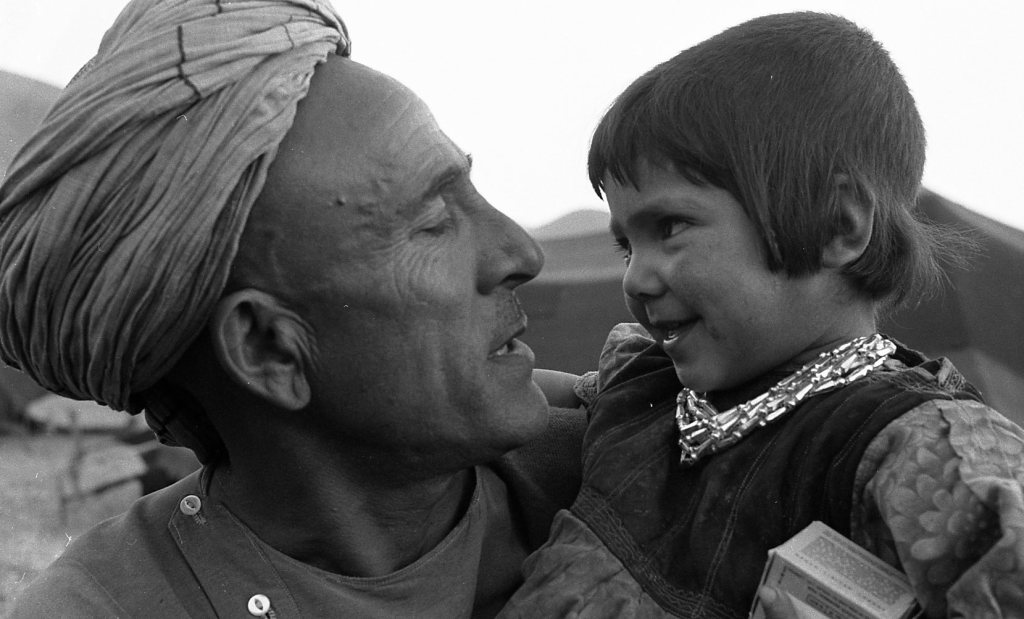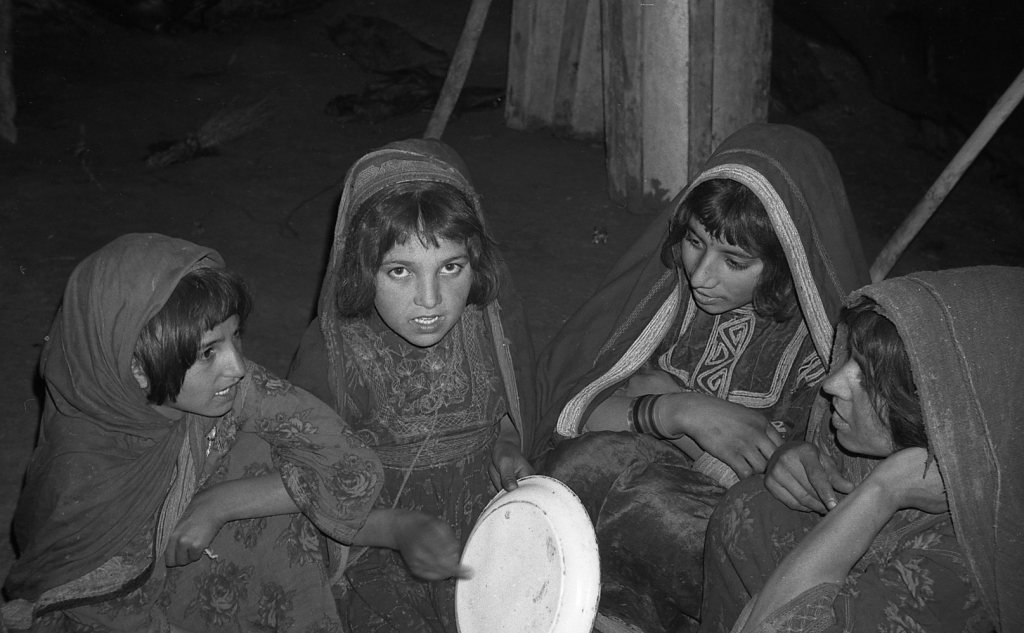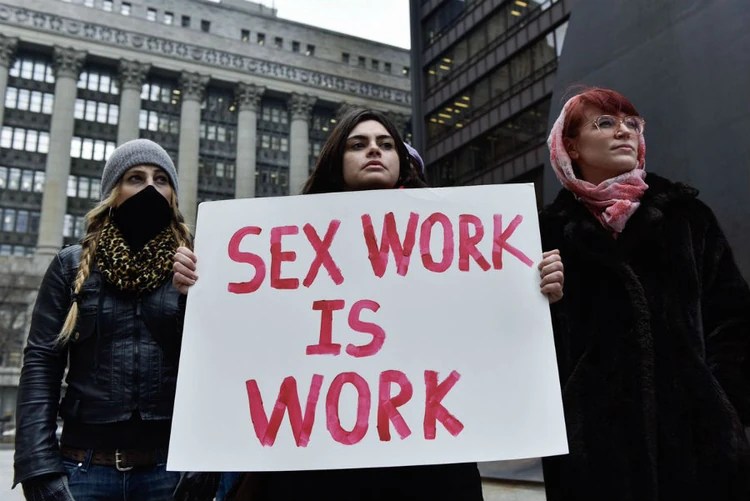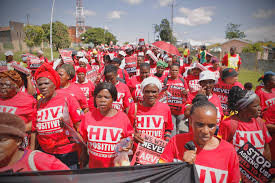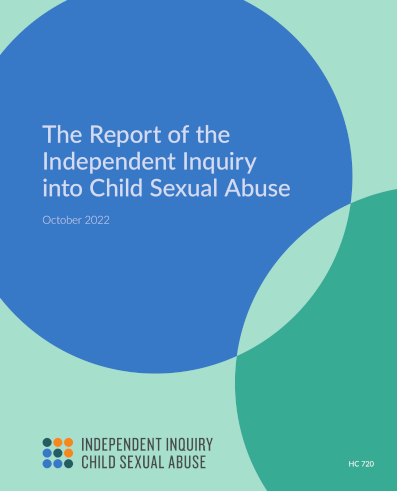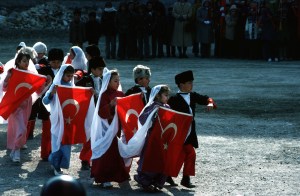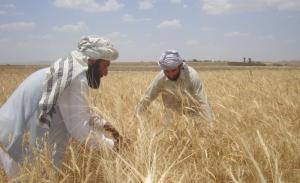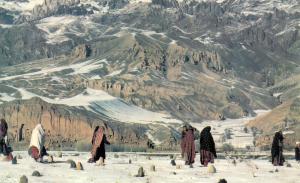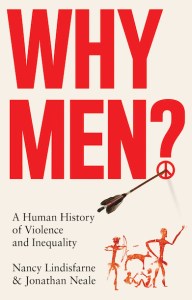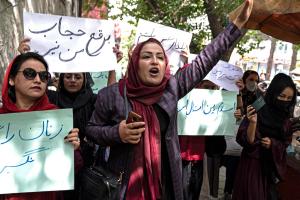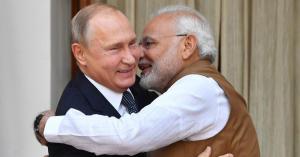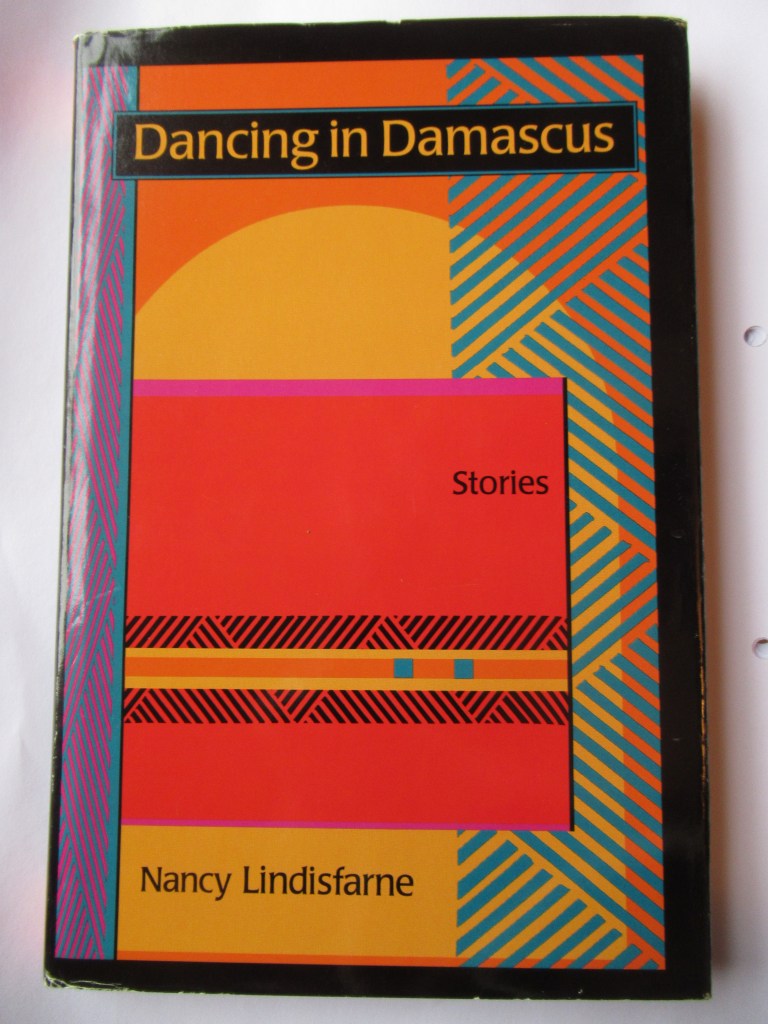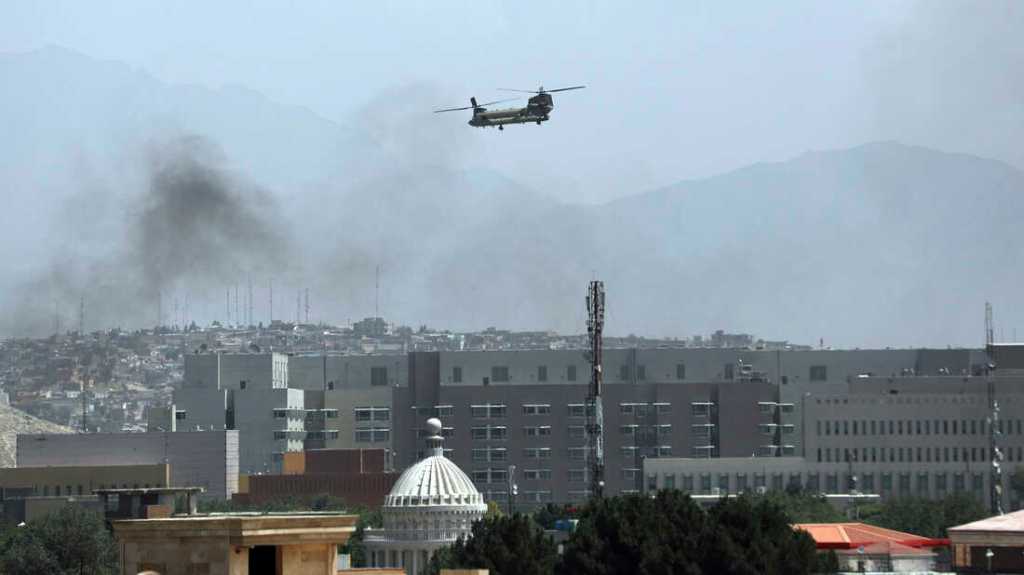Nancy Lindisfarne and Jonathan Neale

One of the great class confrontations of our time is playing out in Washington DC right now – the Epstein files. We know that sounds like a really, really weird thing to say. But look at what’s happening in front of our eyes.
On September 3, 2025, roughly twenty working class women showed up to speak to the press in Washington and demand the release of the Epstein papers. Some were in their thirties, and some were in their early middle age. They were cold – winter was coming. They were survivors of Epstein’s abuse and exploitation. And they were terrified. Most did not speak, but they stood there beside those who spoke.
Julie K. Brown was the journalist hero first broke the Epstein story in the Miami Herald in 2018. Now she tweeted that she was speaking to many survivors, and they were all terrified. The obvious reason was what happened to Epstein. But also, of course, those women had known those powerful men up close and personal, their arrogance, cruelty and ruthlessness. As they took turns leaning into the microphone, shaking in their courage, they knew what they were doing.
On the other side were the legions of rich, powerful and influential men who had used them, and the greater legions of powerful men and women who had concealed and enabled the abuse. On that side stood two presidents of the United States, one former prime minister of Israel, the American architect of the Good Friday agreement in Ireland, rich and powerful lawyers, distinguished Harvard professors, the greatest linguist of his generation, the British ambassador to the United States, Bill Gates and other billionaires.
Those working class women confronted scores of men from the ruling class. That courage was in them because there were many of them, standing together. It was in them because their fight against Epstein had now lasted for years, and they had grown and changed as they stood by each other to rescue themselves.
They also found courage because they stood on the shoulders of giants. The global movement against the sexual violence of the rich and powerful has been growing for forty years. It began with women and men who had survived abuse as children.
Continue reading

